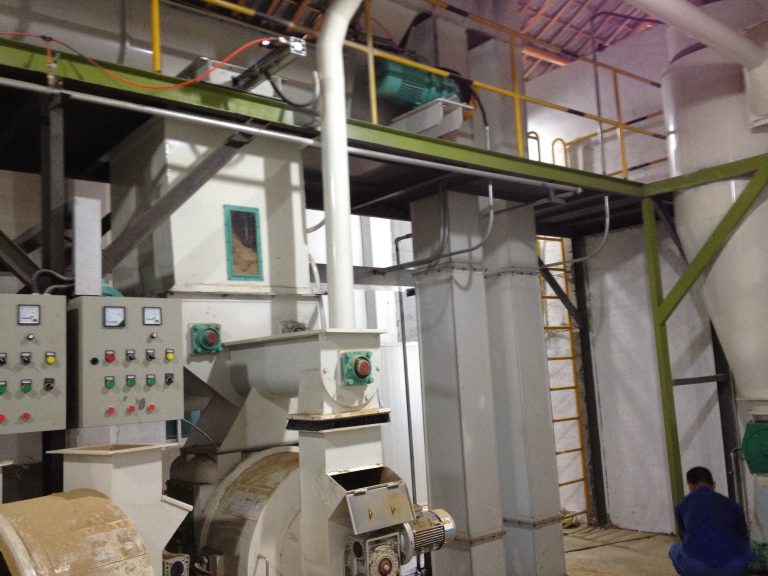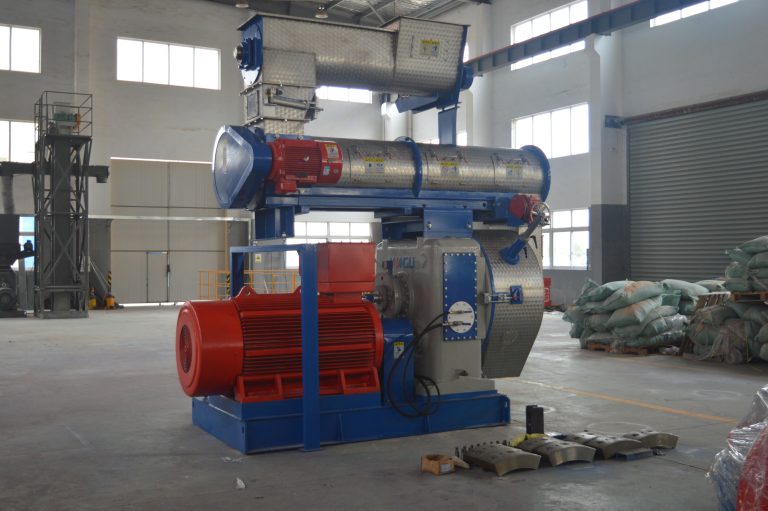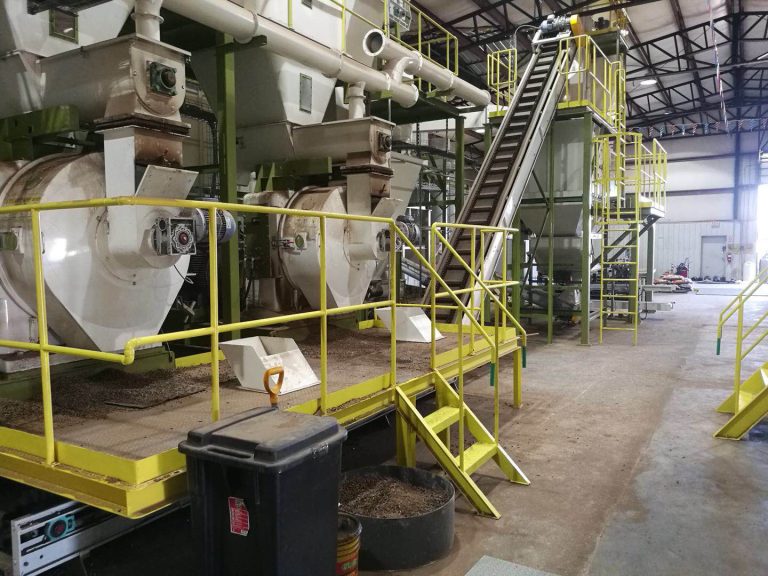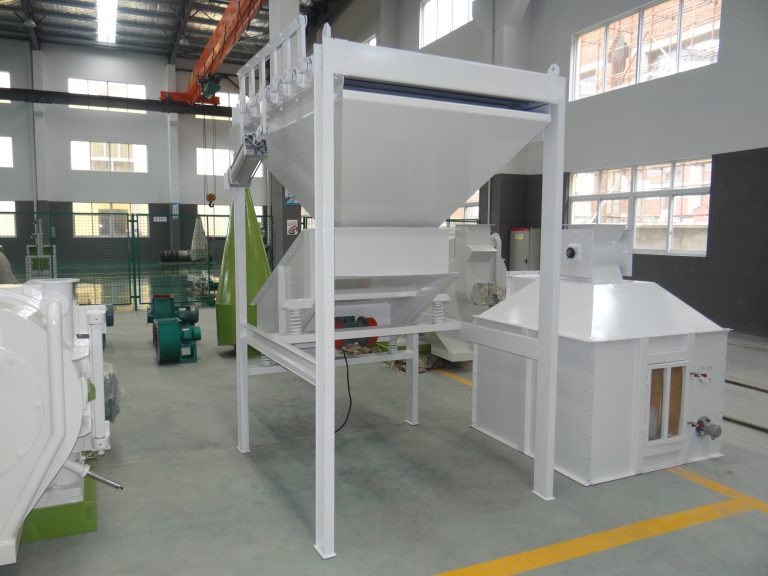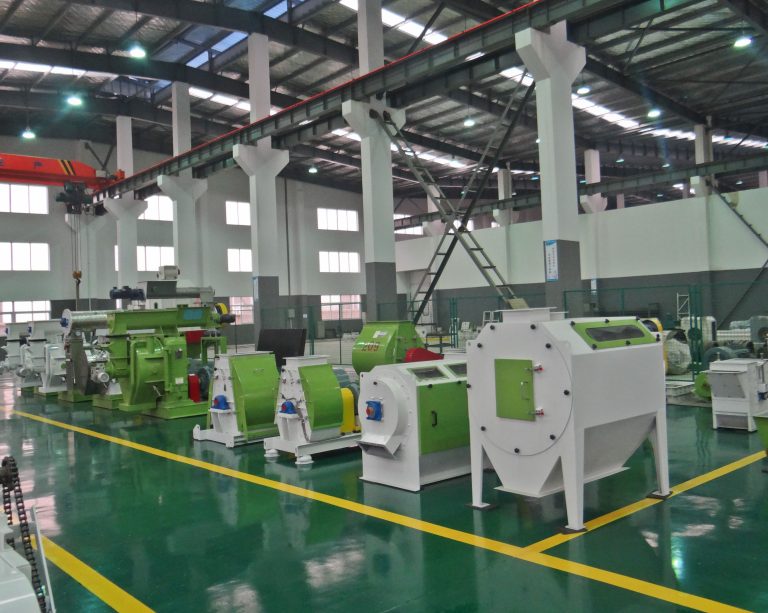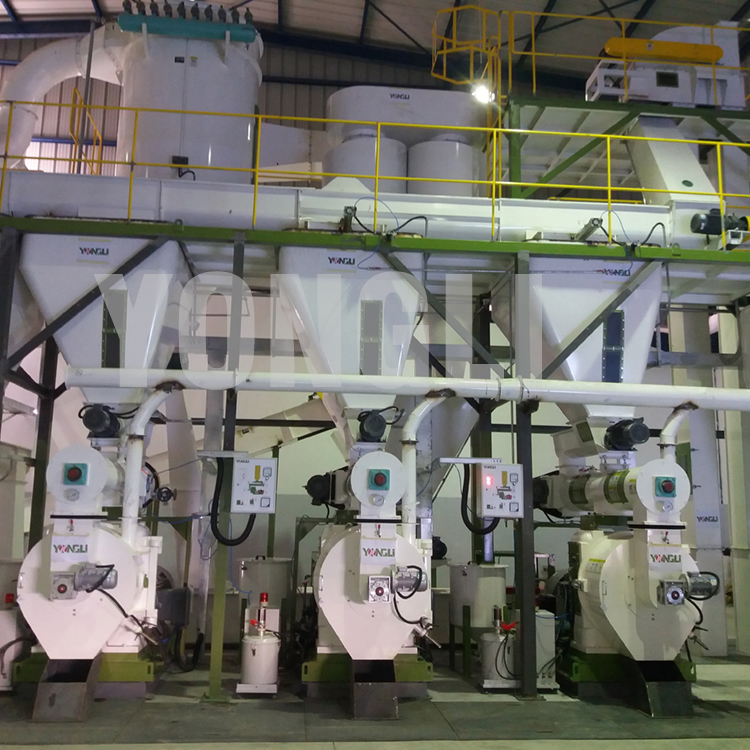فوائد استخدام صومعة الحبيبات في خطوط إنتاج حبيبات الخشب ذات الكتلة الحيوية
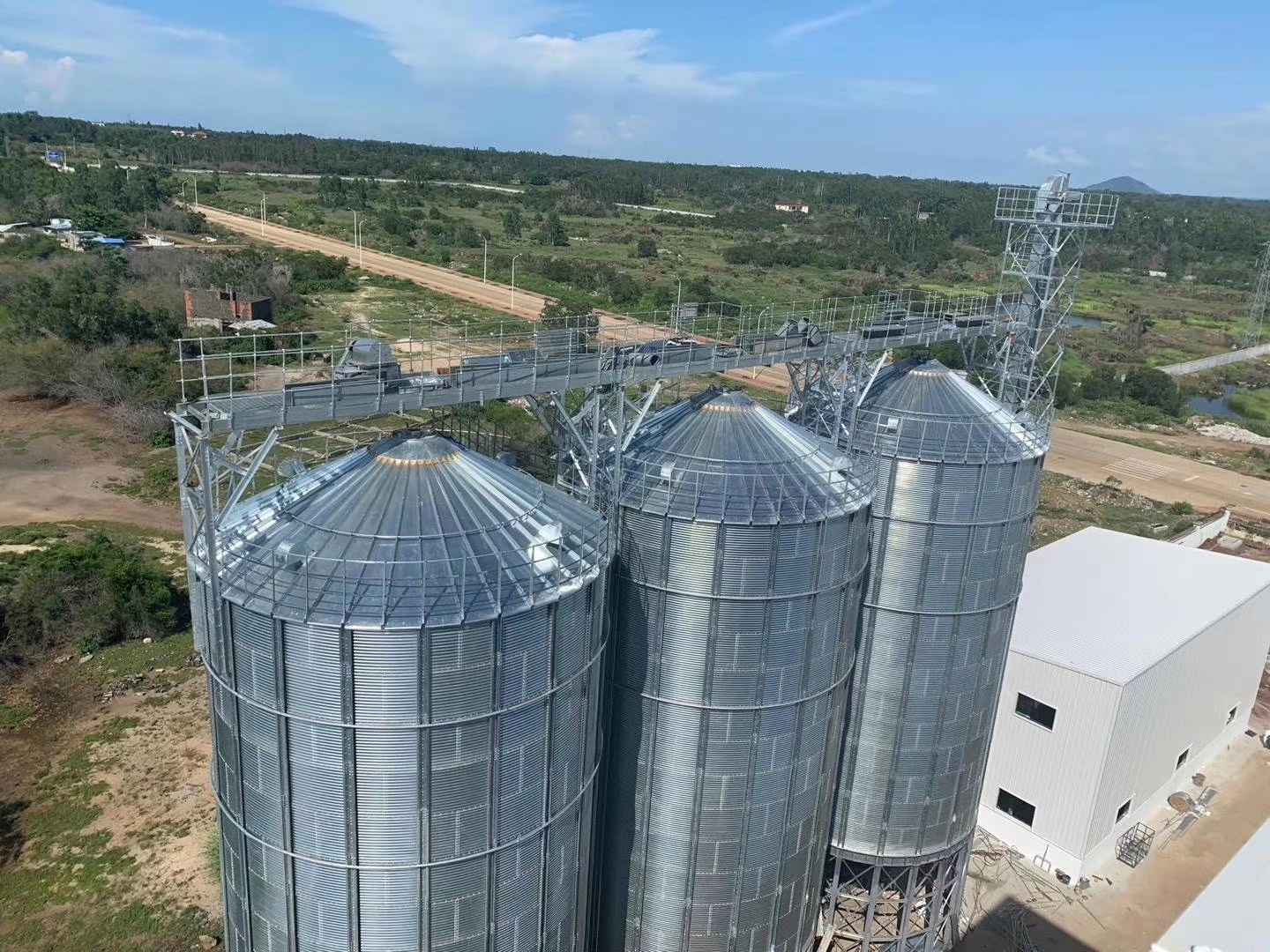
Pellet silos play a crucial role in biomass wood pellet production lines. These storage containers are specifically designed to store and protect wood pellets, ensuring their quality and availability when needed. The benefits of using pellet silos in biomass wood pellet production lines are numerous and can greatly enhance the efficiency and effectiveness of the entire process.
One of the primary benefits of using pellet silos is their ability to store large quantities of wood pellets. These silos come in various sizes, ranging from small containers to large storage units capable of holding thousands of tons of pellets. This capacity allows producers to stockpile pellets, ensuring a steady supply for their customers. By having a sufficient quantity of pellets readily available, producers can meet the demands of their clients without any interruptions or delays.
In addition to their storage capacity, pellet silos also provide protection for the wood pellets. These silos are designed to keep the pellets dry and free from moisture, which is crucial for maintaining their quality. Moisture can cause the pellets to degrade and lose their energy content, rendering them less effective as a fuel source. By storing the pellets in a dry environment, pellet silos help preserve their quality and ensure that they remain in optimal condition until they are ready to be used.
Furthermore, pellet silos offer a convenient and efficient way to handle and transport wood pellets within the production line. The silos are typically equipped with discharge systems that allow for easy and controlled pellet flow. This eliminates the need for manual handling and reduces the risk of pellet damage or contamination. The discharge systems can be automated, further streamlining the production process and minimizing the need for human intervention.
Another advantage of using pellet silos is their ability to integrate with other equipment in the production line. Silos can be connected to conveyors, pellet mills, and other machinery, creating a seamless flow of pellets throughout the entire process. This integration improves the overall efficiency of the production line, reducing downtime and maximizing productivity. It also allows for better control and monitoring of the pellet storage and distribution, ensuring that the pellets are used in the most efficient manner possible.
Moreover, pellet silos contribute to a cleaner and safer working environment. By storing the pellets in enclosed containers, the risk of dust emissions and pellet spillage is significantly reduced. This not only improves the air quality within the production facility but also minimizes the potential hazards associated with loose pellets. Additionally, the enclosed nature of the silos prevents pests and rodents from accessing and contaminating the pellets, further safeguarding their quality.
In conclusion, the benefits of using pellet silos in biomass wood pellet production lines are undeniable. These storage containers provide ample space for storing large quantities of pellets, ensuring a steady supply for customers. They also protect the pellets from moisture, preserving their quality and energy content. The integration of silos with other equipment streamlines the production process, while the enclosed nature of the silos promotes a cleaner and safer working environment. Overall, pellet silos are an essential component of biomass wood pellet production lines, enhancing efficiency, productivity, and quality control.

